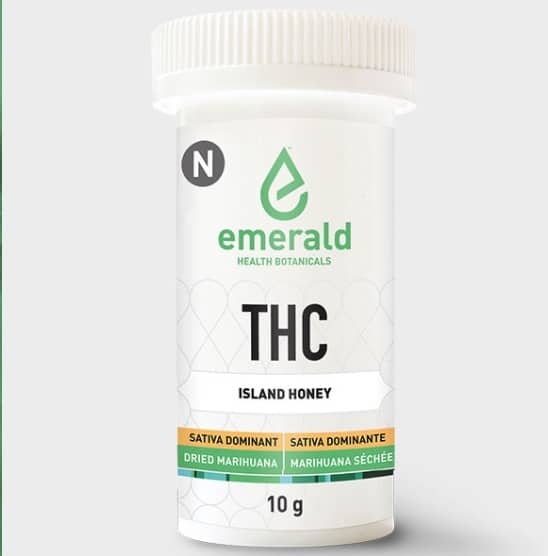

You wouldn’t know it by the frigid temperatures, but summer in Canada is just around the corner, and with only a few months to go before the federal government makes good on its promise to legalize recreational marijuana, there’s still a lot of work to do. Which is why provinces like Ontario who plan to run their own pot outlets need to give private retail a second thought. That’s the opinion of Chris Wagner, CEO of Vancouver-based Emerald Health (TSXV:EMH), who says that he’s happier with the approach on offer in BC and Alberta where province-run distribution is charted to operate alongside private retail.
“That’s going to take some of the burden off the provincial government to get things up and running,” says Wagner, in conversation with Cantech Letter at the 5th Annual Cantech Investment Conference in Toronto. “As we all know, entrepreneurs can move very, very quickly.”
“Without that, what’ll happen is you’re going to have a population that’s not satisfied and they’ll point fingers and be upset,” says Wagner. “And it really won’t achieve the goals that Canada has, such as ensuring the health and safety of Canadians and moving it from the black market into a regulated market.”
Gunning to be a big-time contender in Canada’s burgeoning marijuana scene, Emerald has retrofitted a massive (1.1 million sq. feet) greenhouse on the outskirts of Vancouver into a cannabis growing facility, which when fully operational will produce 75,000 kg of pot a year.
“It’s extremely low cost,” says Wagner. “The company we’re partnering with, Village Farms, has been growing vegetables at the site for decades, in a very low margin, at-scale environment. We believe we’ll be able to grow for less than a dollar a gram, so there’s plenty of room to be extremely competitive.”
In fact, the company has an option for a lot more greenhouse space, enough to push production close to 300,000 kg, roughly half of the projected Canadian market. Asked whether he worries about finding a buyer for all that weed, especially as provincial boards are likely to hold all the power in deciding which producers will see their cannabis hit the shelves, Wagner appears unconcerned.
“There’s going to be more demand than supply, so if they want to service their customers, if they want people to transfer away from the black market and if they want to achieve what the federal government has set out for them to achieve, then they need to buy from people like us,” Wagner says.
“At Emerald, we’re pharmaceutical people and so we’ve approached growing cannabis with that kind of rigour,” he says. “The provinces can be comfortable buying from us because they know they’re purchasing something that’s been produced with good manufacturing practices, adhering to all the Health Canada regulations. We’ve done that our whole careers, producing at that level.”
Above and beyond the domestic front, though, Wagner thinks that Canada is uniquely positioned within a burgeoning global marijuana market. “Canadian companies are so far ahead of companies around the world in this space that this could truly be a long-term industry for Canada, selling intellectual property-protected products outside of the country,” says Wagner. “We will have a living laboratory in a couple of months and we’ll be able to export that.”
Leave a Reply
You must be logged in to post a comment.






 Share
Share Tweet
Tweet Share
Share




Comment